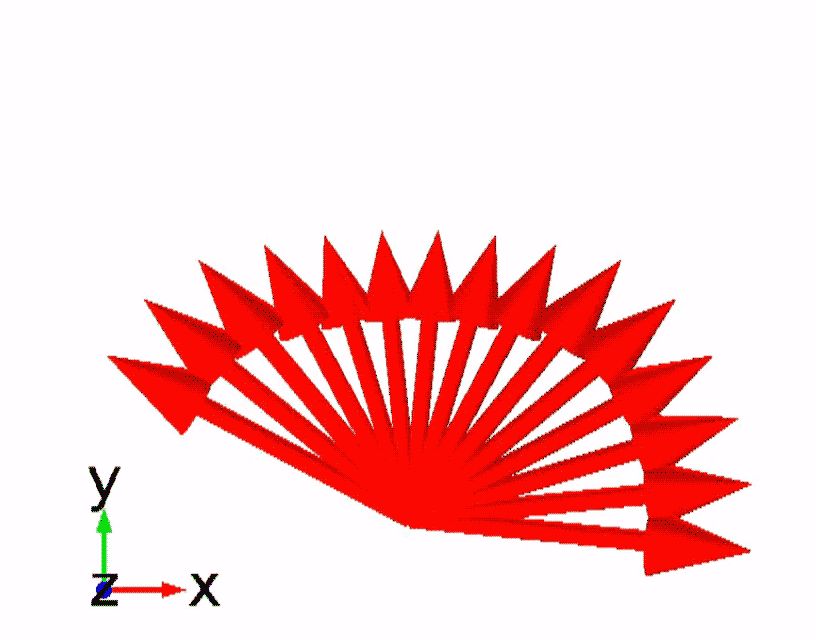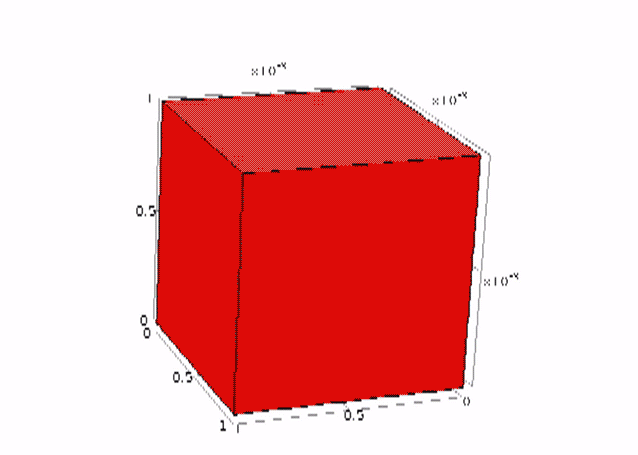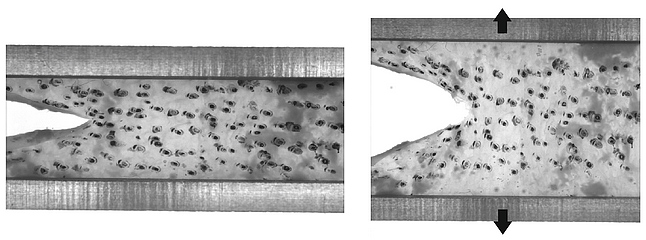Multiphasic Phenomena in Soft Biological Membranes
Biological tissues play important mechanical roles: they are exposed to severe loads and experience large deformations. Examples are: foetal membrane, liver capsule, pericardium. The preservation of their mechanical integrity is crucial to perform their functions

All these tissues are multiphasic materials and they share the same structural components:
- a dense collagen network
- interstitial fluid
- fixed and/or mobile charges
Therefore the macroscopic behaviour of such materials is largely influenced by the effects derived by the interactions of these components, which lead to time-dependent phenomena like transport of particles and swelling transients. Furthermore, due to this complex microstructural framework, these biomaterials can interact with the external environment both by means of hydro-mechanichal loads as well as electro-chemical processes.

Modelling the behaviour of biological membranes
Our research focuses on the multiphasic behaviour of biological membranes.
Despite the small thickness, under certain loading conditions, the corresponding variability of the main physical quantities may became relevant, especially in regions where the length-scale of the domain is comparable to that of the thickness, as it occurs in the proximity of the external boundaries and in presence of holes, cuts or defects. This may lead to peculiar responses which more strongly depends on the coupling among mechanical and chemical properties of the tissue.
The project aims at studying the behaviour of such tissues in critical configurations (e.g. characterization of fracture development), in order to rationalize experimental observations and to acquire deep insights on the underlying processes.
This requires the set up of dedicated experiments as well as the development of refined theoretical approaches together with the appropriate numerical methods for their implementation.


Project Lead
Alberto Stracuzzi